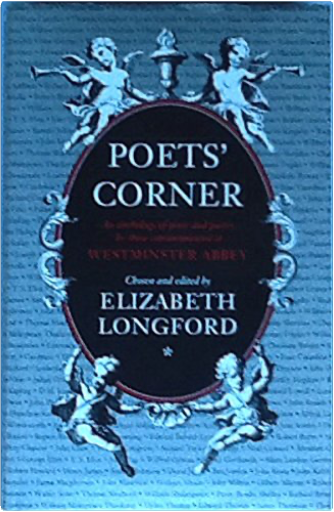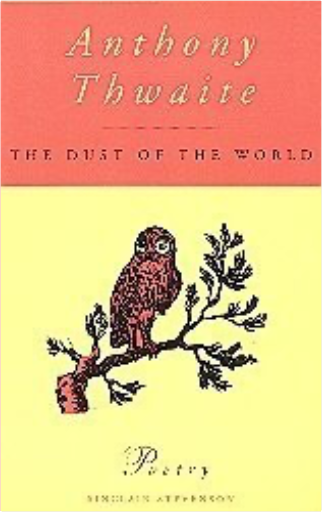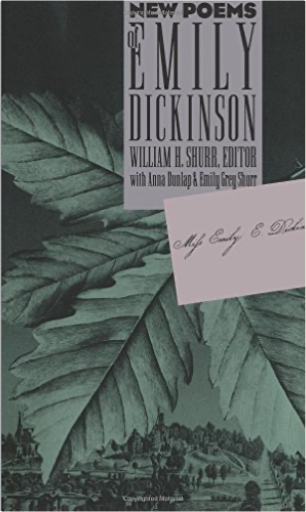 New Poems of Emily DickinsonEmily Dickinson, William H. Shurr, Anna Dunlap, Emily Grey Shurr New Poems of Emily DickinsonEmily Dickinson, William H. Shurr, Anna Dunlap, Emily Grey Shurr For most of her life Emily Dickinson regularly embedded poems, disguised as prose, in her lively and thoughtful letters. Although many critics have commented on the poetic quality of Dickinson's letters, William Shurr is the first to draw fully developed poems from them. In this remarkable volume, he presents nearly 500 new poems that he and his associates excavated from her correspondence, thereby expanding the canon of Dickinson's known poems by almost one-third and making a remarkable addition to the study of American literature. Here are new riddles and epigrams, as well as longer lyrics that have never been seen as poems before. While Shurr has reformatted passages from the letters as poetry, a practice Dickinson herself occasionally followed, no words, punctuation, or spellings have been changed. Shurr points out that these new verses have much in common with Dickinson's well-known poems: they have her typical punctuation (especially the characteristic dashes and capitalizations); they use her preferred hymn or ballad meters; and they continue her search for new and unusual rhymes. Most of all, these poems continue Dickinson's remarkable experiments in extending the boundaries of poetry and human sensibility. 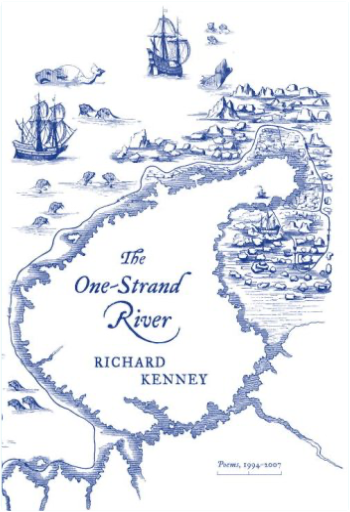 The One-Strand River: Poems, 1994-2007Richard Kenney The One-Strand River: Poems, 1994-2007Richard Kenney Fourteen years after his last book of poems, we have a glorious new volume from Richard Kenney, who has been hailed by The New York Review of Books as “one of the most gifted and multifaceted and original of American poets.” 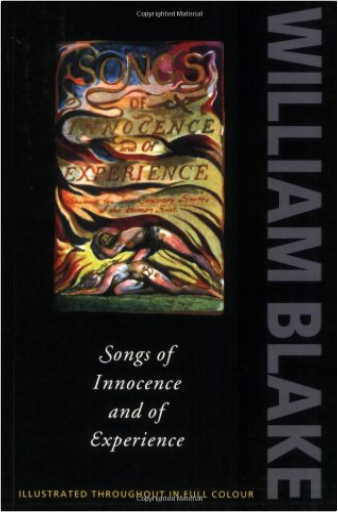 Songs of Innocence and Experience: Shewing the Two Contrary States of the Human Soul, 1789-1794William Blake Songs of Innocence and Experience: Shewing the Two Contrary States of the Human Soul, 1789-1794William Blake Here is a beautifully illustrated edition of Blake's classic poems. The text of each poem is given in letterpress on the page facing the color plate, and a brief commentary by Sir Geoffrey Keynes on each poem follows. It is printed on paper especially manufactured to match the tint of that used by Blake. 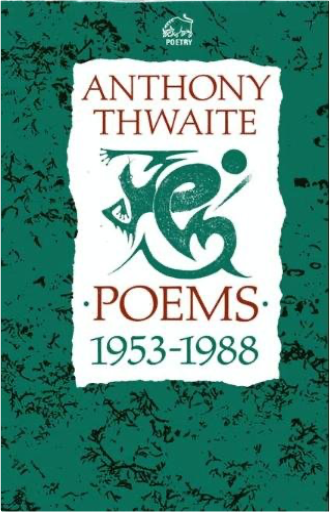 Poems 1953-88Anthony Thwaite Poems 1953-88Anthony Thwaite This volume contains the poet's own selection of his best work, and ranges from his first book, "Home Truths", which was published in 1953, to his latest collection, "Letters from Tokyo". Anthony Thwaite is also the editor of "Six Centuries of Verse". 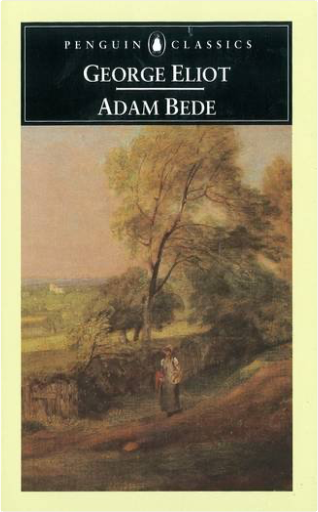 Adam BedeGeorge Eliot Adam BedeGeorge Eliot Adam Bede is a hardy young carpenter who cares for his aging mother. His one weakness is the woman he loves blindly: the trifling town beauty, Hetty Sorrel, whose only delights are her baubles - and the delusion that the careless Captain Donnithorne may ask for her hand. Betrayed by their innocence, both Adam and Hetty allow their foolish hearts to trap them in a triangle of seduction, murder, and retribution. 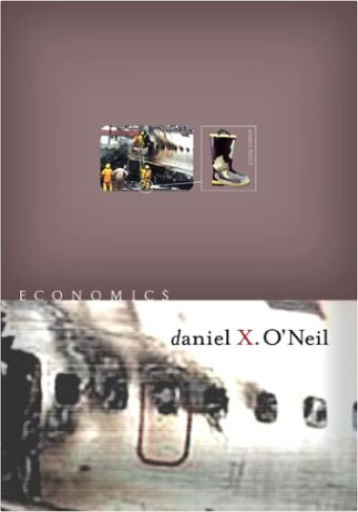 EconomicsDaniel X. O'Neil EconomicsDaniel X. O'Neil The book for those with unclean hands. Economics is a book based on the gargantuan fact that the world economy is so all-inclusive that it embraces good and evil equally. And no one can do good, like feed their children and clothe themselves and love one another, without somehow bowing down before the presence of evil. Economics moves from large to small. It contains an essay coining the word "trut"— the mutable concoction of facts employed for an ulterior purpose. 4/5 of the truth, lined up in a reasonable facsimile of the truth. And it contains tiny accounts of the author, exposing his own economics, his own bowing down, and finding dignity in it all. Economics contains found poems and obitpoems. Economics is a book for people. 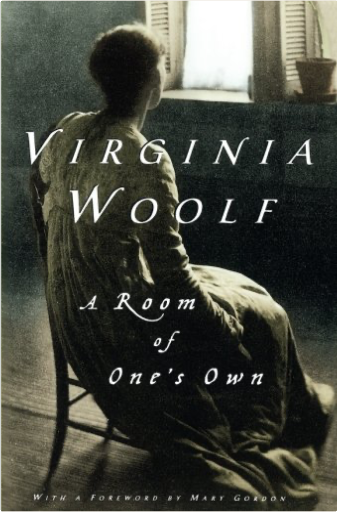 A Room of One's OwnVirginia Woolf A Room of One's OwnVirginia Woolf Virginia Woolf's landmark inquiry into women's role in society 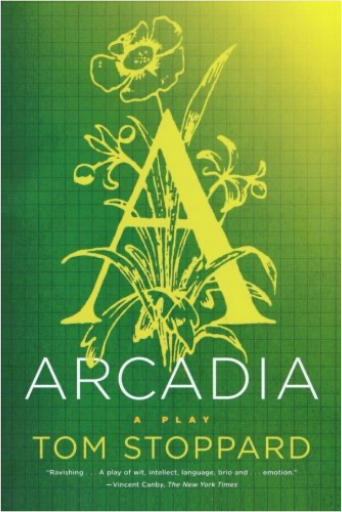 Arcadia: A PlayTom Stoppard Arcadia: A PlayTom Stoppard Arcadia takes us back and forth between the nineteenth and twentieth centuries, ranging over the nature of truth and time, the difference between the Classical and the Romantic temperament, and the disruptive influence of sex on our orbits in life. Focusing on the mysteries―romantic, scientific, literary―that engage the minds and hearts of characters whose passions and lives intersect across scientific planes and centuries, it is "Stoppard's richest, most ravishing comedy to date, a play of wit, intellect, language, brio and . . . emotion. It's like a dream of levitation: you're instantaneously aloft, soaring, banking, doing loop-the-loops and then, when you think you're about to plummet to earth, swooping to a gentle touchdown of not easily described sweetness and sorrow . . . Exhilarating" (Vincent Canby, The New York Times). 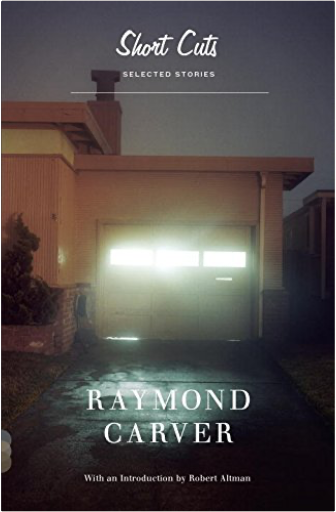 Short Cuts: Selected StoriesRaymond Carver Short Cuts: Selected StoriesRaymond Carver The nine stories and one poem collected in this volume formed the basis for the astonishingly original film “Short Cuts” directed by Robert Altman. Collected altogether in this volume, these stories form a searing and indelible portrait of American innocence and loss. From the collections Will You Please Be Quiet, Please?, Where I’m Calling From, What We Talk About When We Talk About Love, and A New Path to the Waterfall; including an introduction by Robert Altman. With deadpan humor and enormous tenderness, this is the work of “one of the true contemporary masters” (The New York Review of Books). 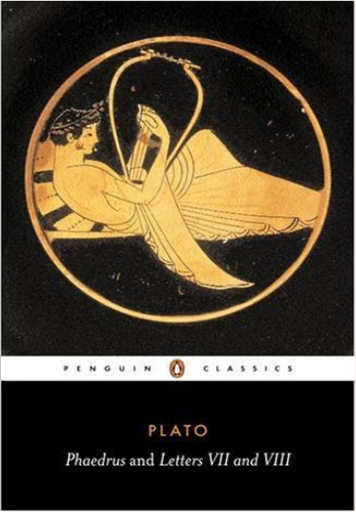 Phaedrus and Letters VII and VIIIPlato Phaedrus and Letters VII and VIIIPlato Set in the idyllic countryside outside Athens, the Phaedrus is a dialogue between the philosopher Socrates and his friend Phaedrus, inspired by their reading of a clumsy speech by the writer Lysias on the nature of love. Their conversation develops into a wide-ranging discussion on such subjects as the pursuit of beauty, the immortality of the soul and the attainment of truth, and ends with an in-depth consideration of the principles of rhetoric. Probably a work of Plato's maturity, the Phaedrus represents a high point in his achievement as a writer. This volume also contains two of his letters, which discuss his involvement in politics, in particular his role as adviser to Dionysius II of Syracuse, and are crucial documents for our understanding of Plato's life and career. |
 Made with Delicious Library
Made with Delicious LibraryDenver, CO zipflap congrotus delicious library Tolva, John
